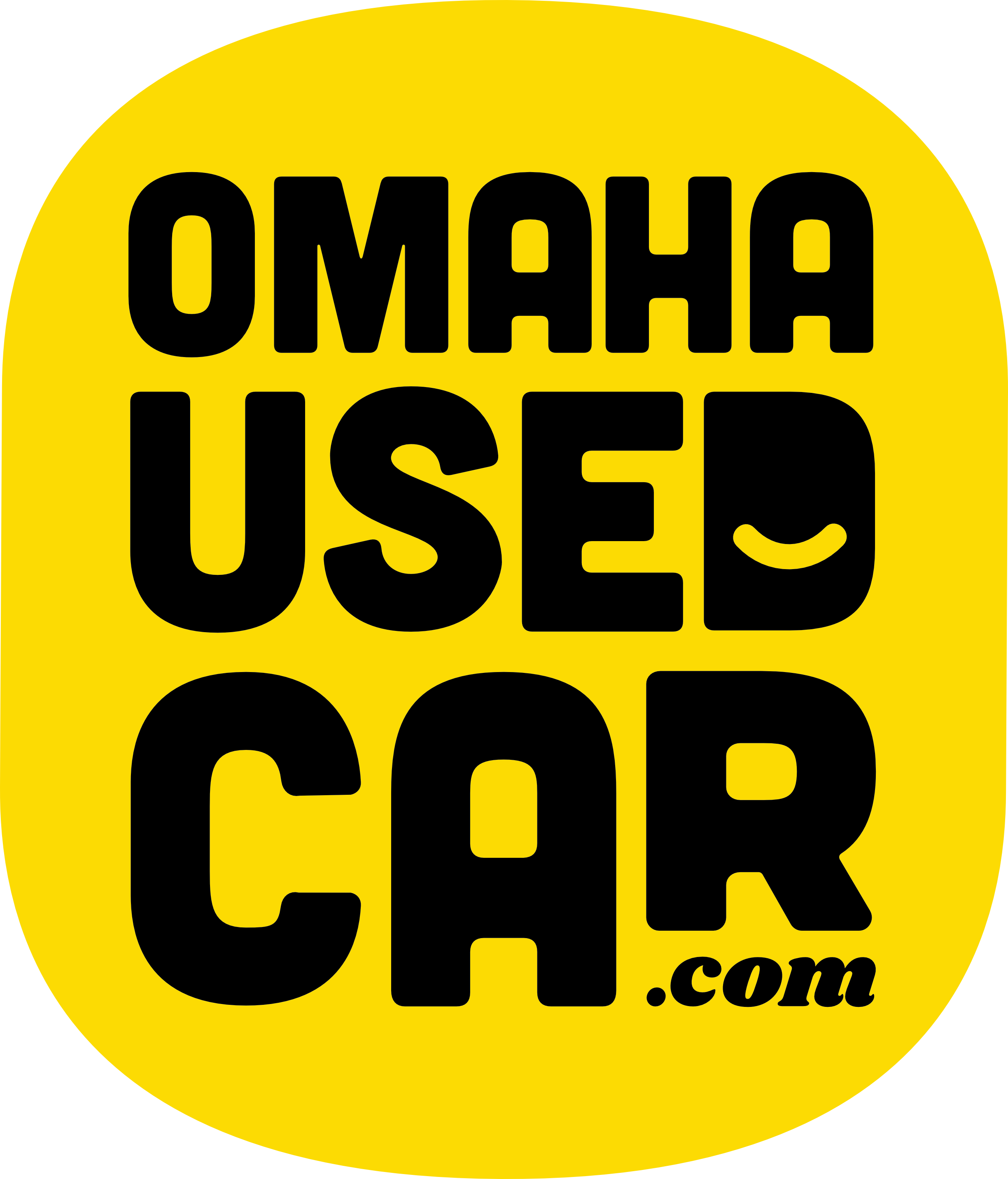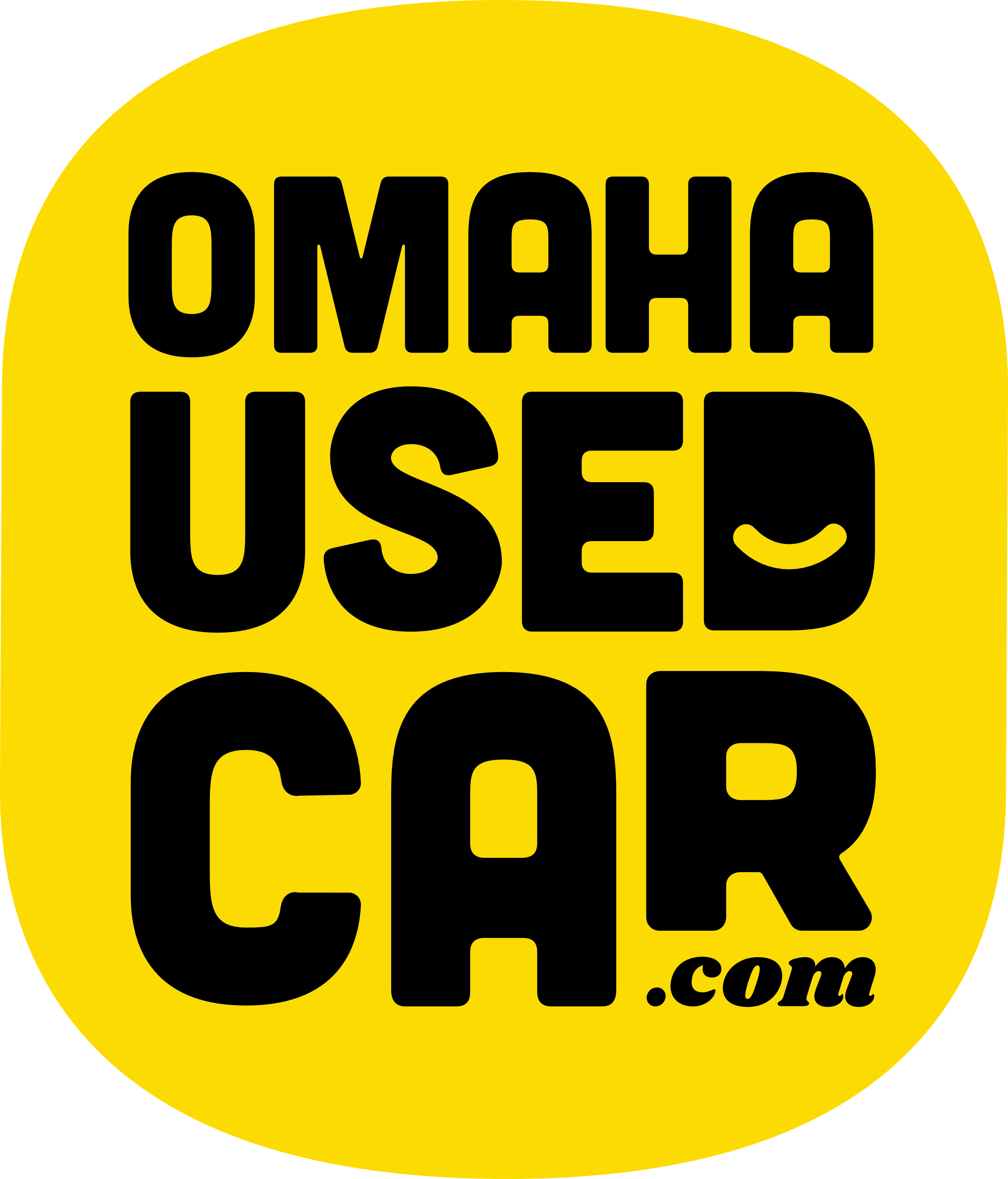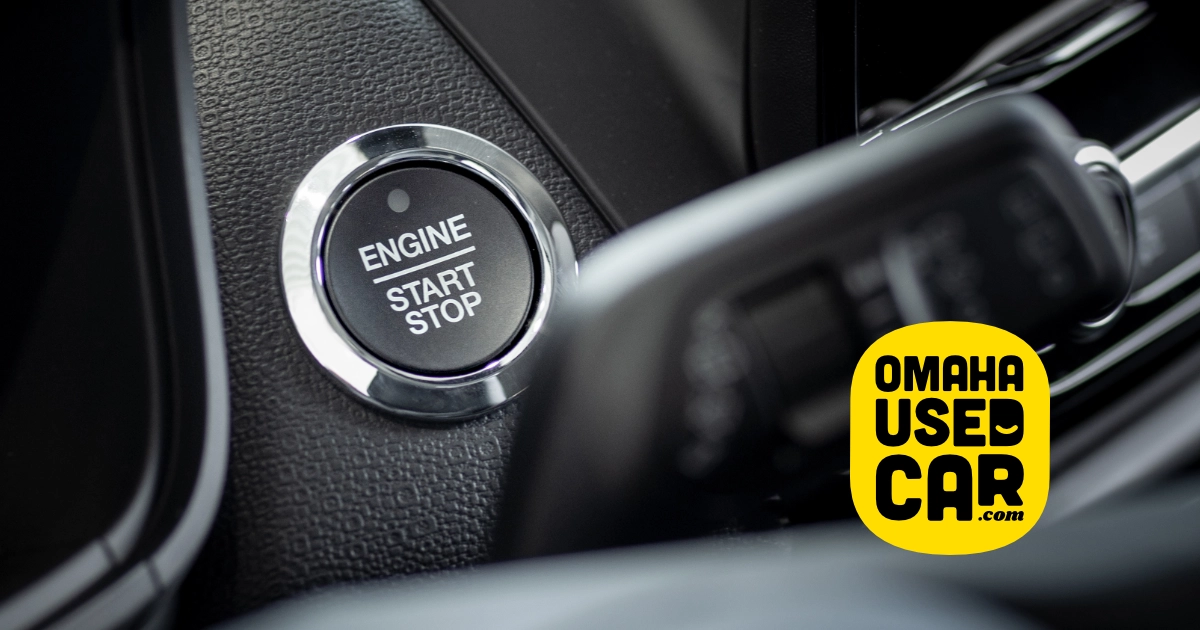When you're searching for a used car in Omaha, you're looking for value, reliability, and peace of mind. But the automotive world is full of "common knowledge" that can be misleading, costing you money and causing unnecessary stress. Much of this advice is simply outdated, hanging on from a time before modern engineering changed the game.
To help you shop smarter and own your vehicle with more confidence, we're cutting through the noise. Here, we’ll tackle five persistent myths that every car owner, especially those navigating the used car market, should leave in the rearview mirror.
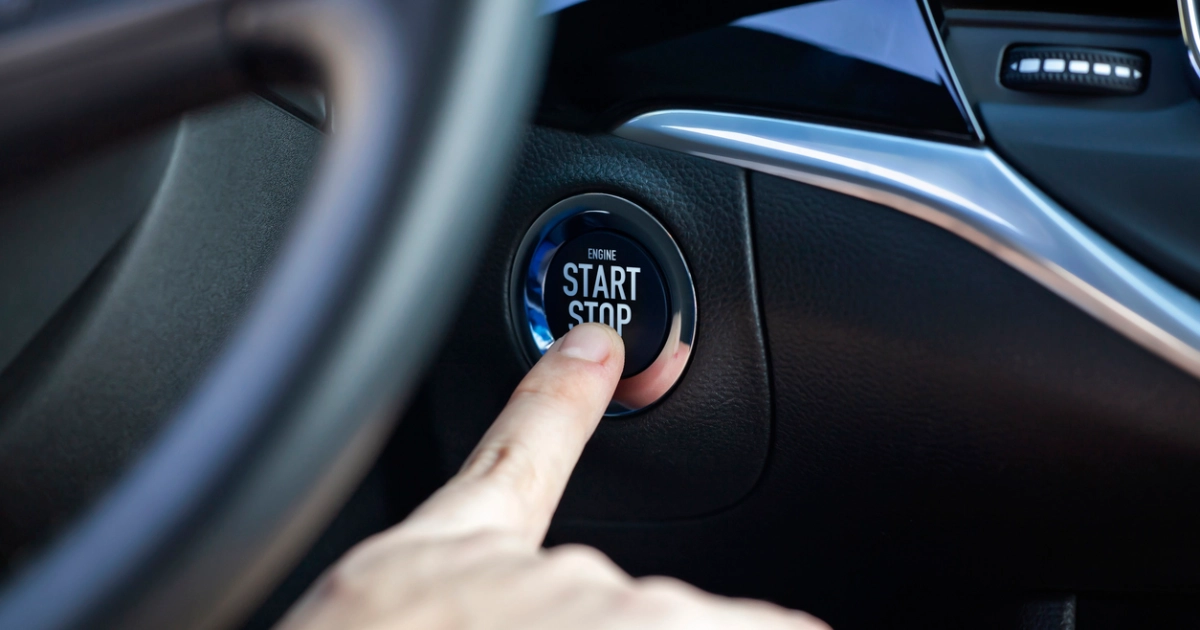
Myth 1: Auto Start-Stop Technology Is Bad for Your Engine
The Myth
That feature that shuts your engine off at a red light and restarts it instantly must cause extra wear on the starter and battery, right? Plus, it probably wastes gas to restart it so often.
The Reality
This is one of the most common worries we hear from buyers of modern used cars. The truth is, engineers designed these systems for this exact purpose. Vehicles with auto start-stop are equipped with heavy-duty starters, more robust batteries, and stronger engine components to handle the frequent cycling with ease.
Furthermore, the idea that restarting the engine uses a big gulp of fuel is a relic from the age of carburetors. Modern fuel-injected engines are incredibly efficient, using only a tiny amount of fuel to start. In contrast, letting your car idle for more than ten seconds burns more fuel than restarting the engine. For anyone dealing with Omaha's stop-and-go traffic, this feature is a clear fuel-saver.
The Bottom Line
Don't be wary of a used car in Omaha with auto start-stop. It's a well-engineered feature designed to reduce emissions and save you money at the pump without causing premature wear.
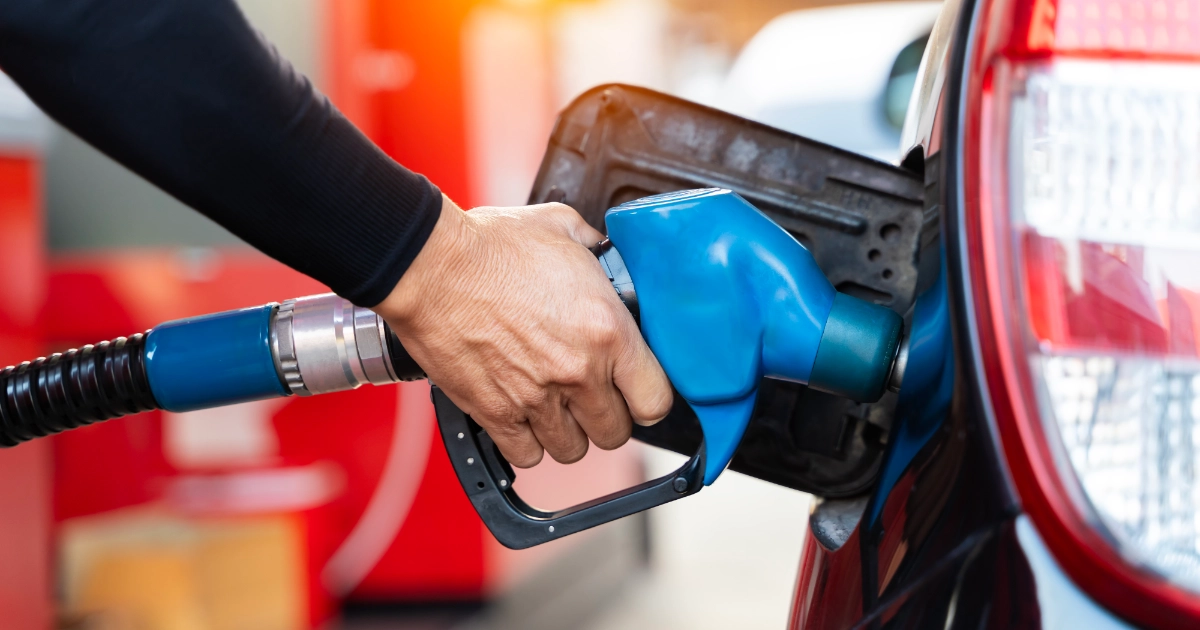
Myth 2: Using Premium Gas Is a Great Way to Treat Your Car
The Myth
Putting "premium" fuel in any car will make it run better, cleaner, and more powerfully.
The Reality
Unless your car’s manufacturer explicitly requires premium gasoline, you are likely just wasting money. The difference between regular and premium fuel is the octane rating, which measures its resistance to igniting under compression. High-performance and turbocharged engines require high-octane fuel to prevent a damaging phenomenon called "engine knock."
However, your standard engine in most sedans, SUVs, and trucks is designed perfectly for regular 87-octane fuel. It cannot take advantage of the higher octane rating. You won't see a boost in horsepower, an increase in fuel economy, or a cleaner engine. Modern regular gasoline already contains all the detergents necessary to keep your fuel system in good shape.
The Bottom Line
Always follow the recommendation in your owner's manual. If it says regular fuel is fine, use it. If you suspect an engine issue, schedule a check-up with a trusted Omaha car service center instead of trying to fix it with expensive gas.
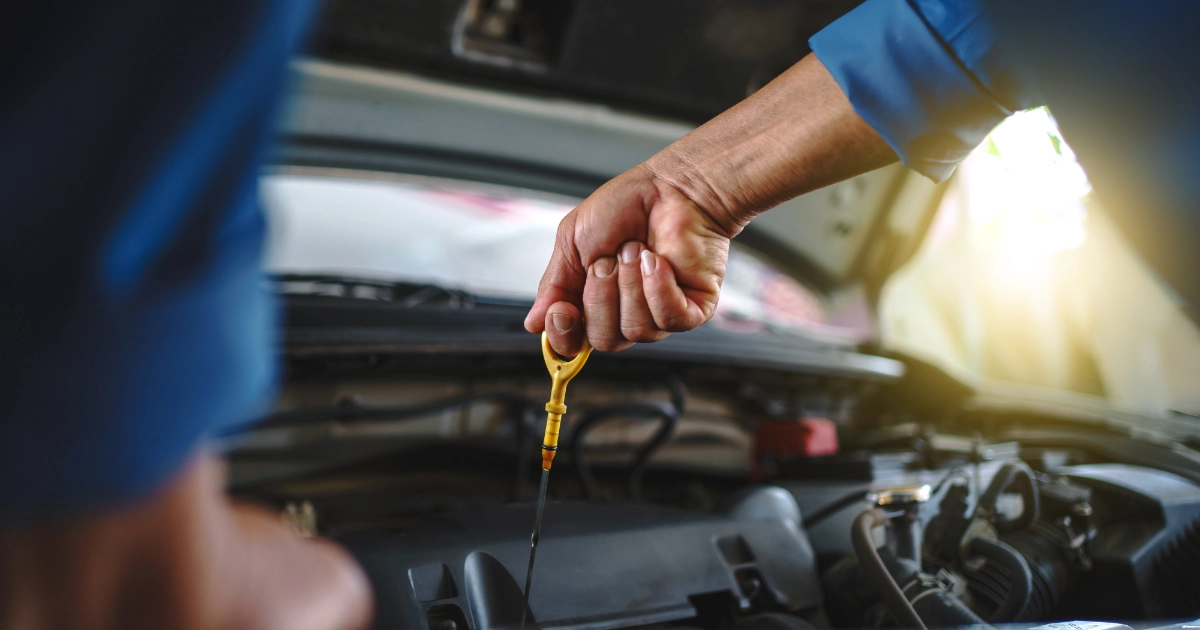
Myth 3: Your Oil Needs to Be Changed Every 3,000 Miles
The Myth
The "3,000-mile oil change" is the golden rule of vehicle maintenance.
The Reality
This advice is decades out of date. While it was essential for older vehicles, today’s engineering has made it largely obsolete. Two key advancements have changed the game: superior engine technology and far more advanced motor oils. Modern engines run cleaner and more efficiently, and synthetic oils offer vastly superior protection and longevity compared to the conventional oils of the past.
Because of this, most vehicles made in the last decade have recommended oil change intervals of 7,500, 10,000, or even more miles under normal driving conditions. Many are also equipped with an oil-life monitoring system that tells you exactly when a change is needed based on your driving habits.
The Bottom Line
Your owner’s manual is your ultimate guide. Following its schedule will protect your engine and save you from paying for unnecessary car service in Omaha. Sticking to the 3,000-mile rule is often just throwing money away.

Myth 4: You Should Let Your Car Engine Warm Up for Several Minutes in the Cold
The Myth
On a frigid Nebraska morning, you need to let your car idle for five to ten minutes to get the oil flowing and warm the engine.
The Reality
Not only is this unnecessary for modern cars, but it can also be counterproductive. The fastest and most effective way to warm up your engine is to drive it gently. An engine warms up far more slowly at idle, and during this time, it runs on a rich fuel mixture that can strip oil from the cylinder walls.
The best practice is simple: start the engine, wait about 30 seconds for oil pressure to stabilize (usually the time it takes to buckle up and pick your music), and then start driving. Avoid hard acceleration for the first several minutes until the temperature gauge reaches its normal position. This allows the engine, transmission, and other components to warm up smoothly and efficiently.
The Bottom Line
Save fuel and reduce engine wear. After a brief moment, gentle driving is the best way to warm up your modern vehicle, even in the dead of winter.
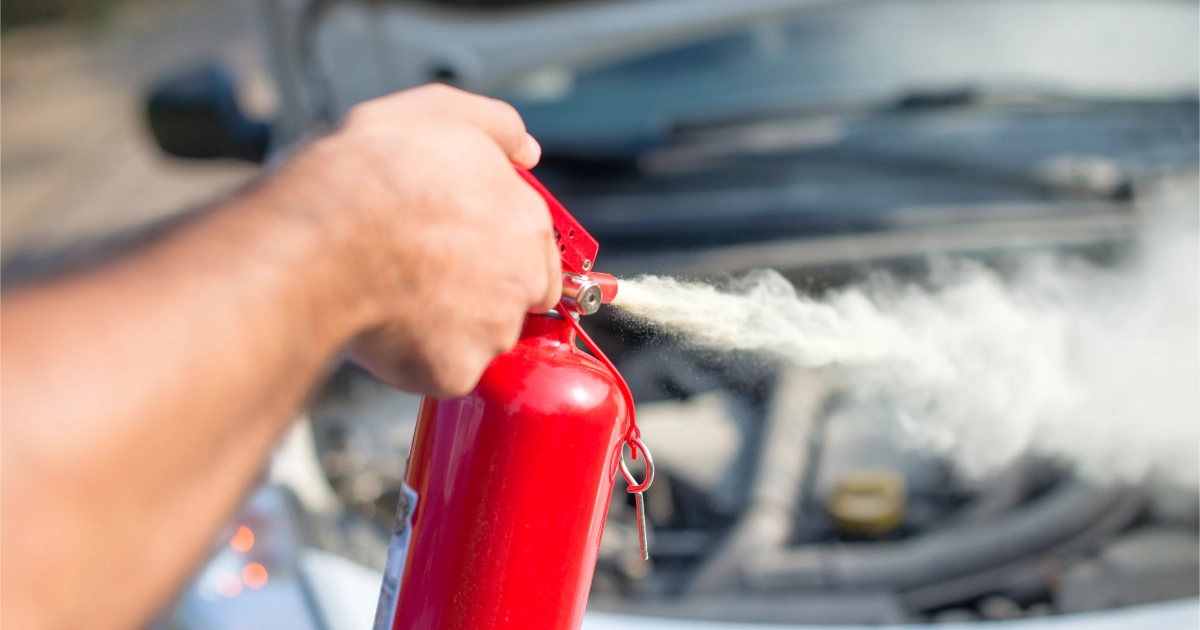
Myth 5: Electric Vehicles Are a Bigger Fire Risk Than Gasoline Cars
The Myth
With all the headlines about battery fires, it seems like EVs are rolling fire hazards.
The Reality
The data clearly shows this is not the case. While EV battery fires are complex and get a lot of media attention, they are statistically rare. A comprehensive analysis of data from the National Transportation Safety Board and other sources found that gasoline-powered cars are dramatically more likely to catch fire than EVs.
Think about it: every gasoline car is carrying a tank of highly flammable liquid. Fires can result from fuel leaks, electrical shorts, or engine overheating. While EV batteries can pose a risk if damaged, they are housed in reinforced, protected casings and managed by advanced software to prevent overheating.
The Bottom Line
As more electric models become available on the Omaha used car market, it's important to rely on data, not fear. Statistically, you are far safer from a fire in an EV than in a gasoline-powered vehicle.
Shop Smarter with the Right Information
Being an informed car owner means you can confidently care for your vehicle and avoid paying for unneeded services. By understanding the truth behind these common myths, you’re better equipped to maintain your car and make a smart purchase when the time comes.
